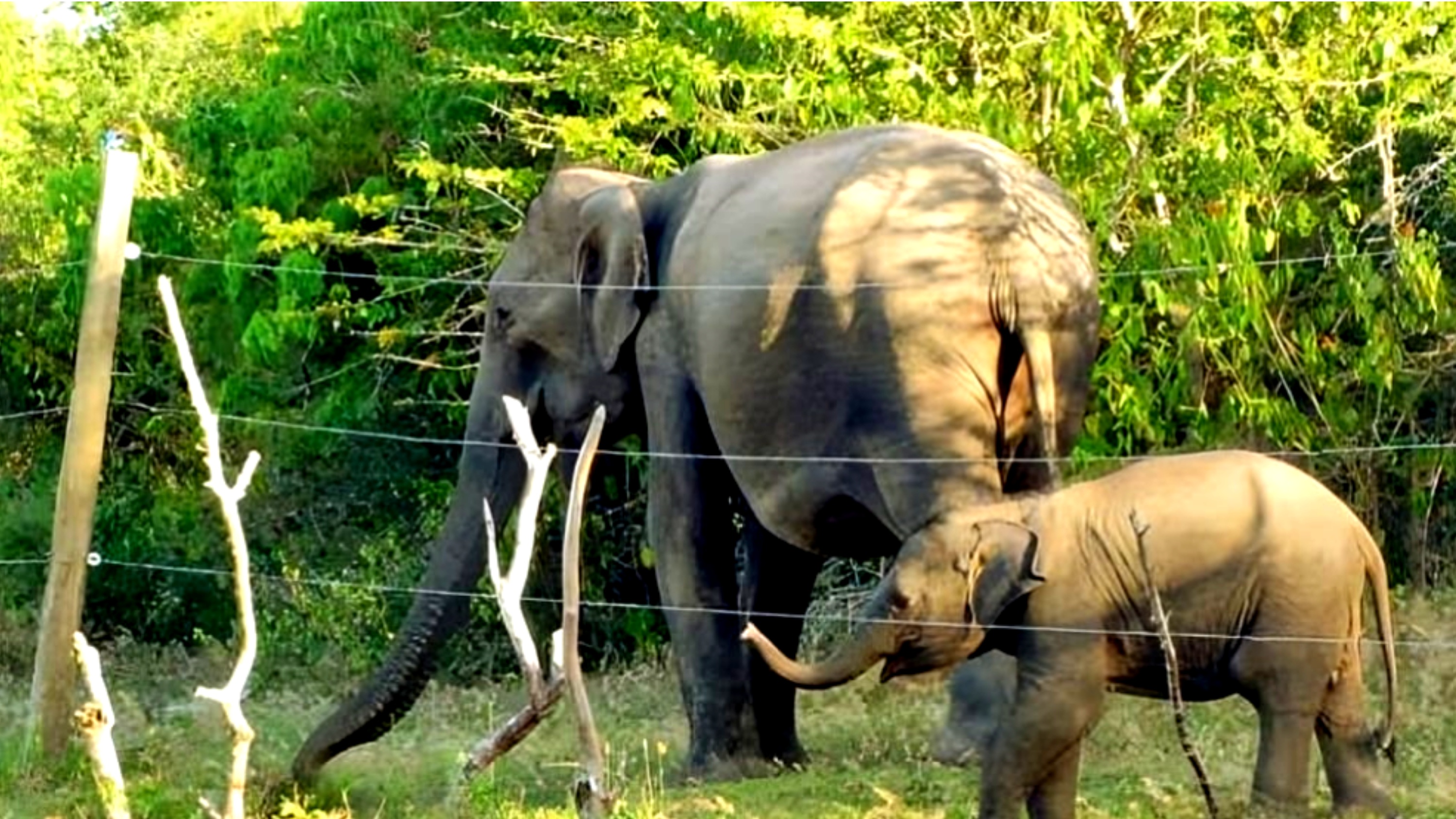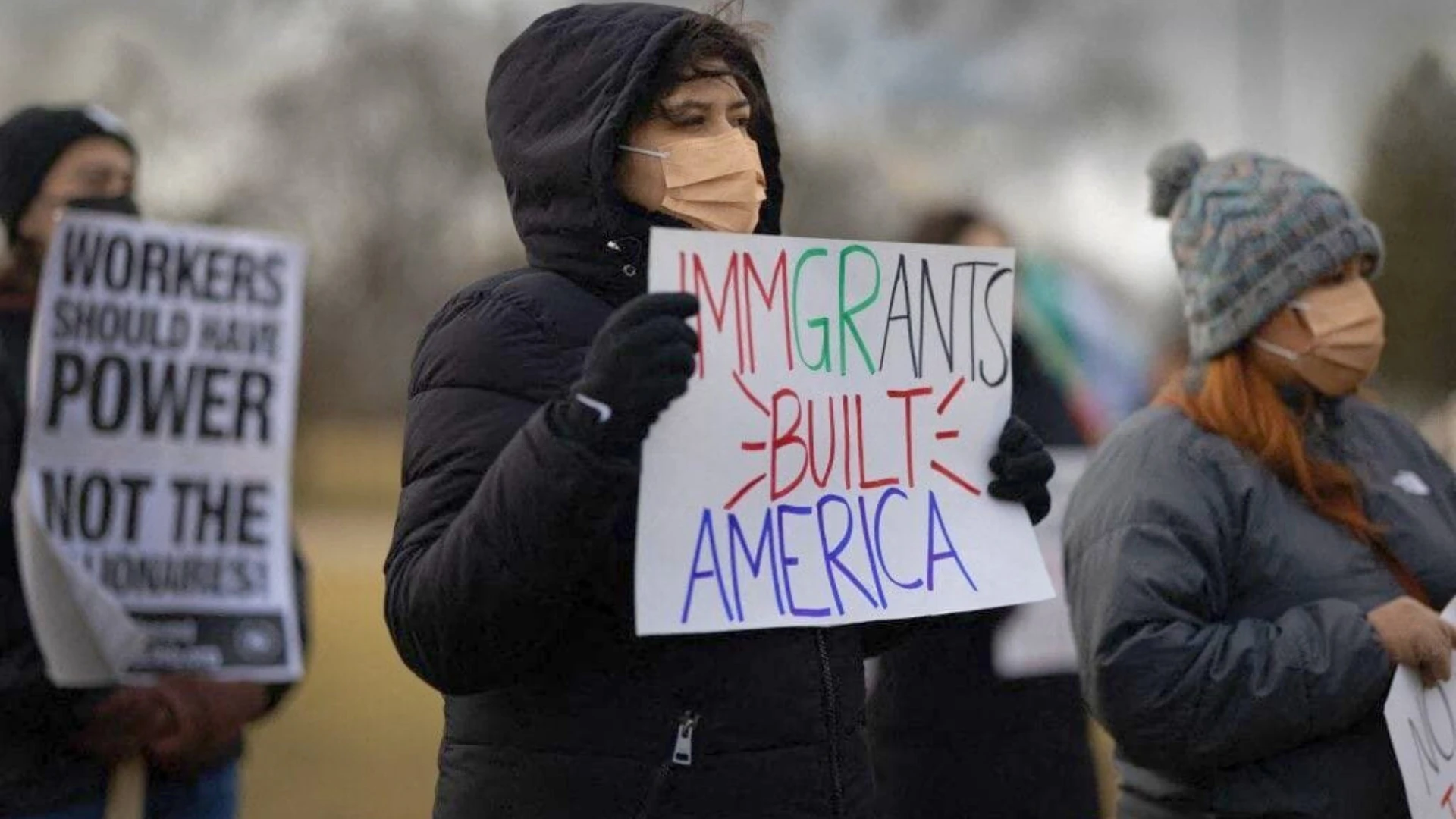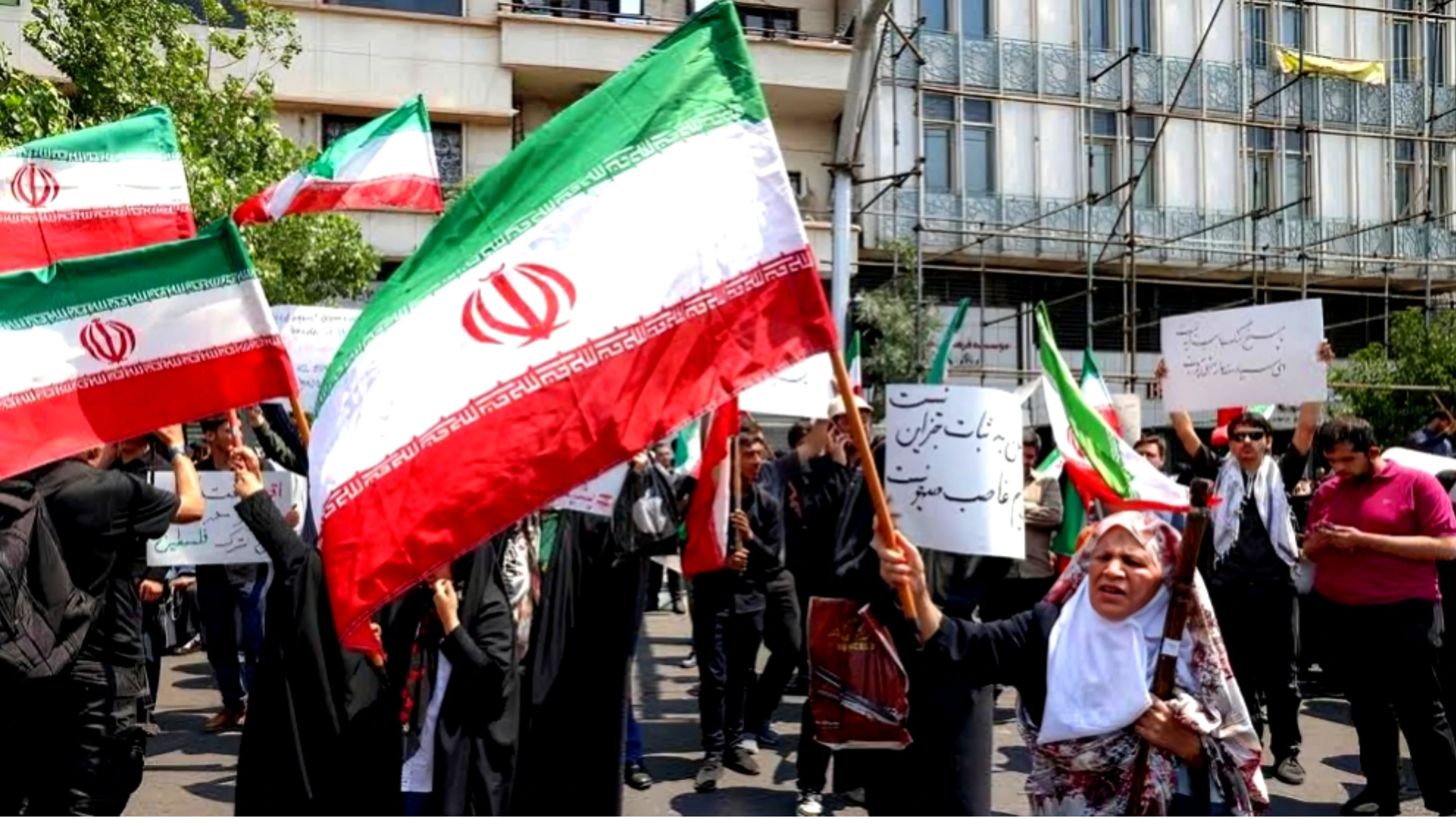Colombo: The Sri Lankan government has announced emergency measures to prevent human-elephant conflicts, which have claimed nearly 1,200 human lives and killed 3,500 elephants over the past decade.
Sri Lanka’s Minister of Environment, Dimika Pathabendhi, told parliament that the government will install electric fences around wildlife areas to prevent elephants from encroaching on rural villages.
"We are allocating additional funds to address the human-elephant crisis and hope to resolve this issue in the near future," Pathabendhi stated.
According to the Minister, between 2015 and 2024, a total of 1,195 people and 3,484 elephants lost their lives due to conflicts, with three human deaths and 43 elephant fatalities recorded in January alone.
Opposition lawmaker Nalin Bandara described the numbers as "shocking" and urged authorities to find solutions that protect both human lives and elephants. He revealed that the government has spent nearly $12 million over the past decade on burying deceased elephants, while only $4 million has been allocated as compensation for victims of elephant attacks.
Sri Lanka is home to an estimated 7,000 elephants, which are considered sacred in Buddhist culture and regarded as a national treasure. Harming elephants is a punishable offense. However, due to frequent elephant incursions into rural areas and farmlands, killings continue.
Many elephants have been electrocuted, poisoned, or shot, and some have suffered injuries from explosives hidden in food. Additionally, numerous elephants have been fatally struck by trains, as railway tracks pass through wildlife habitats.
Just last week, seven elephants were killed after being hit by a train in eastern Sri Lanka, marking the deadliest such incident in the country’s history.
The International Union for Conservation of Nature (IUCN) has classified Asian elephants as an endangered species. The global population of Asian elephants is estimated to be around 26,000, with most found in India. They have an average lifespan of 60 to 70 years.








